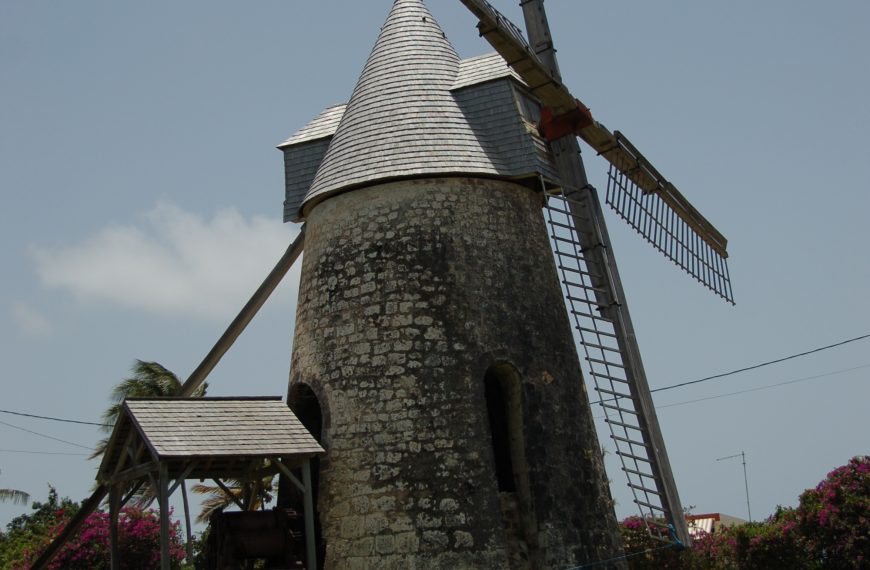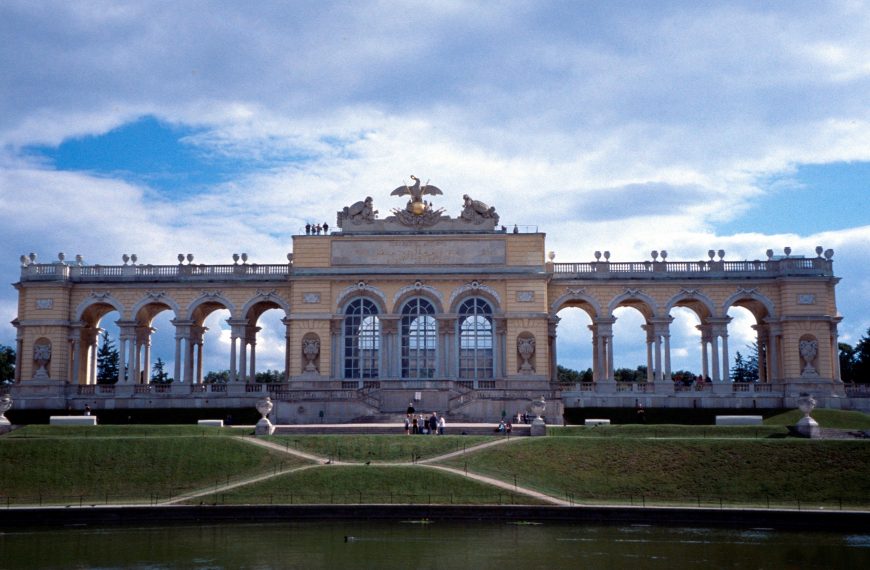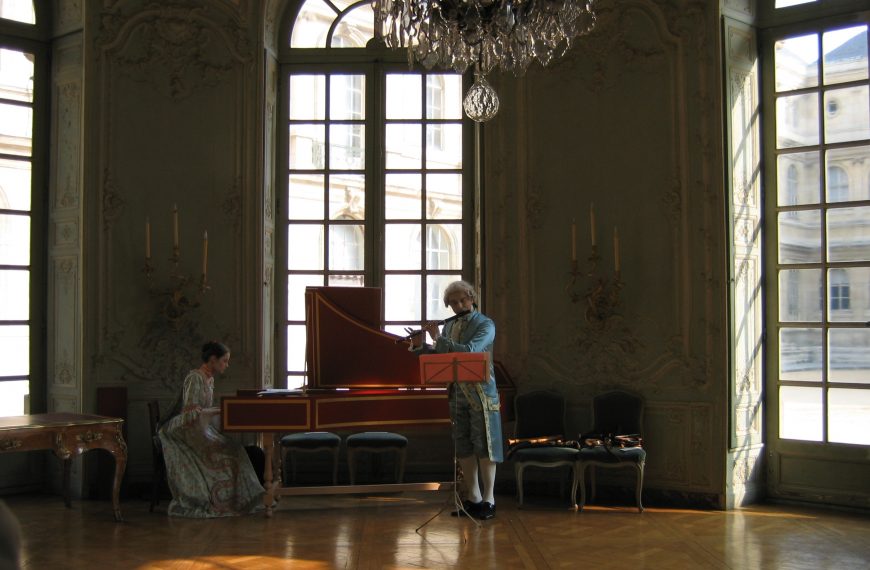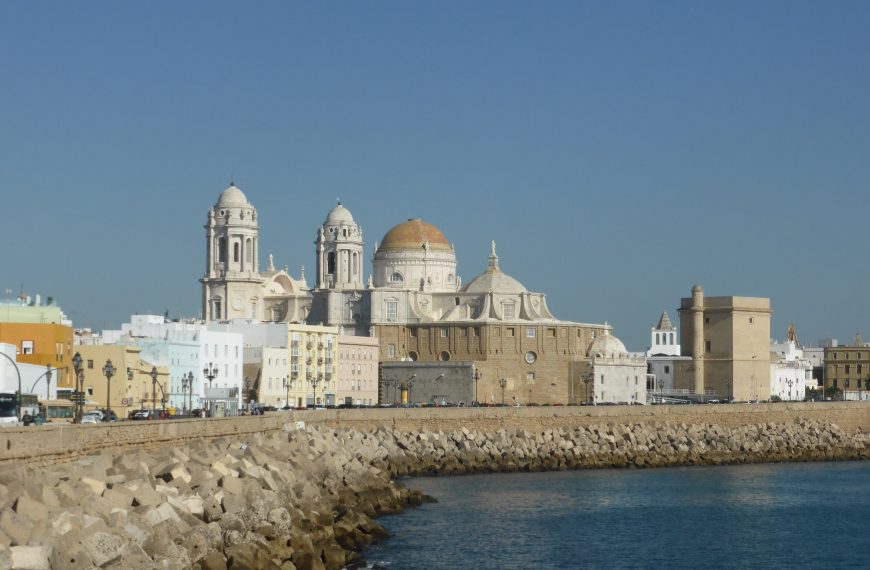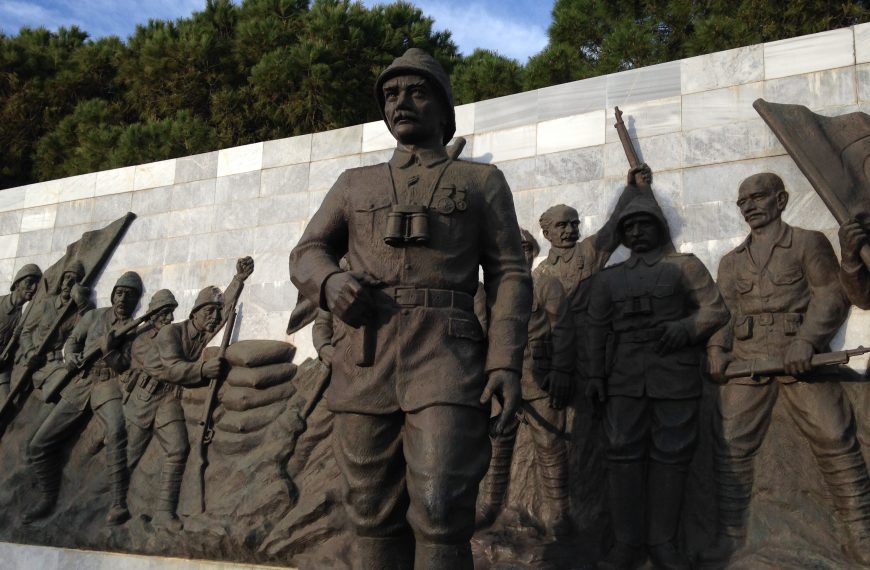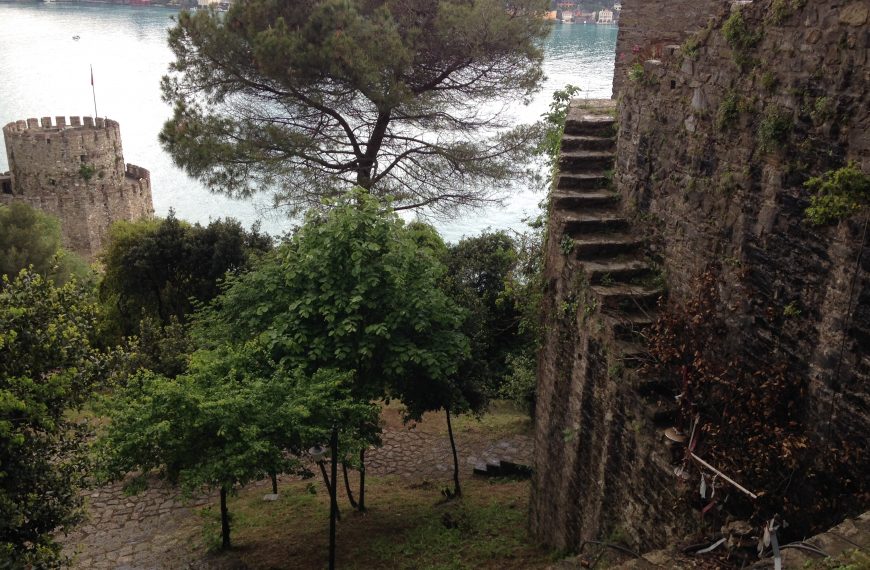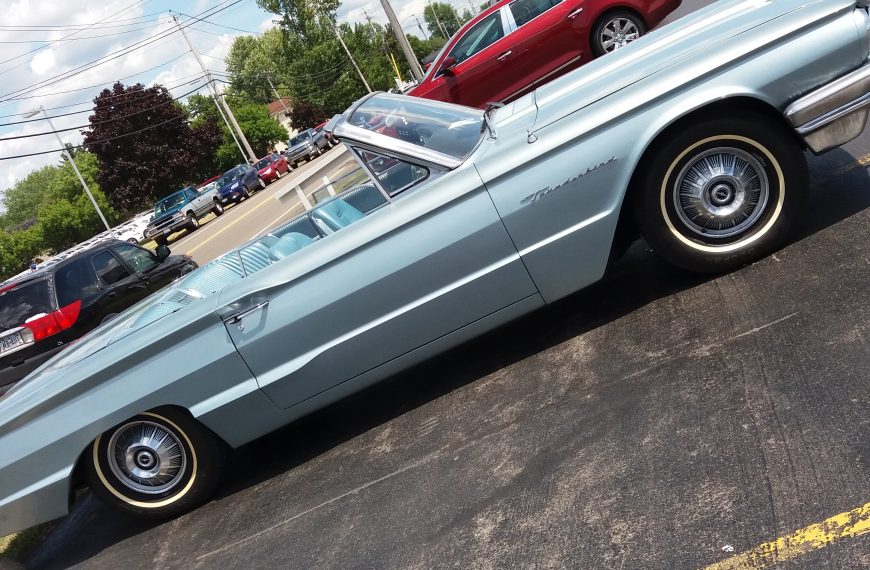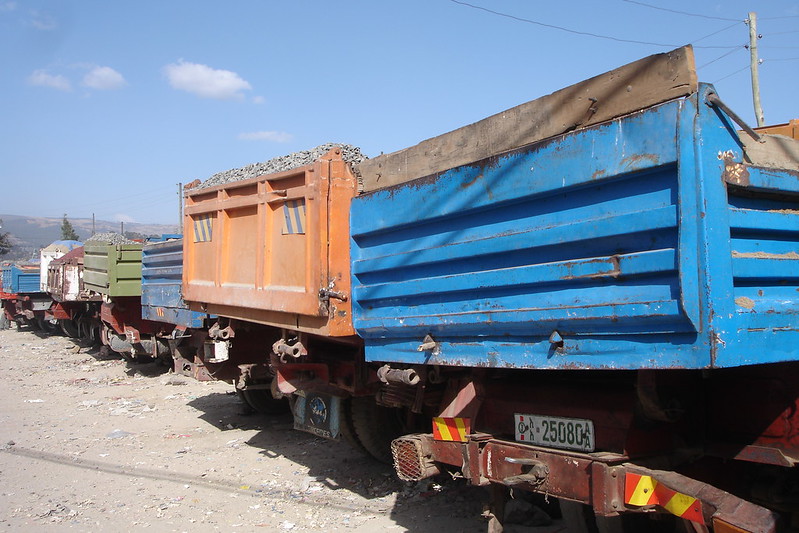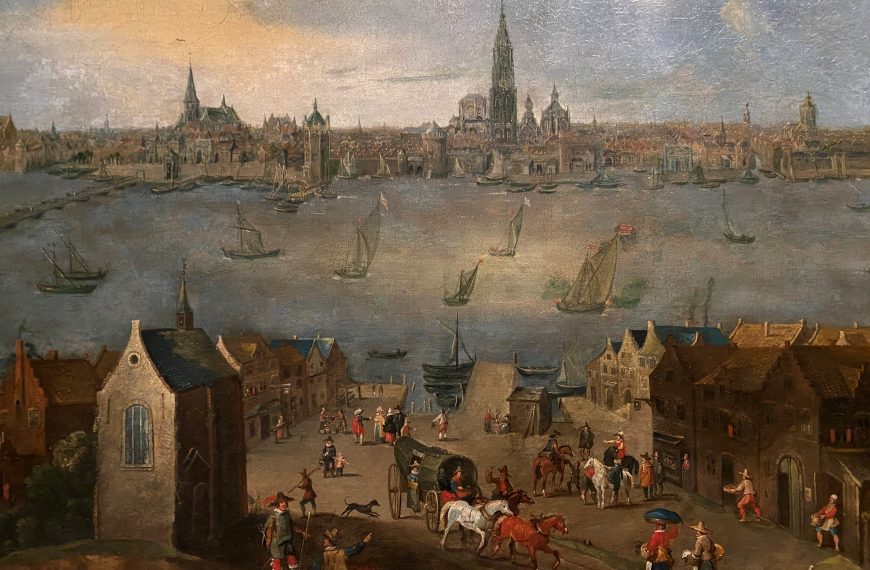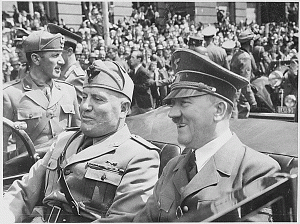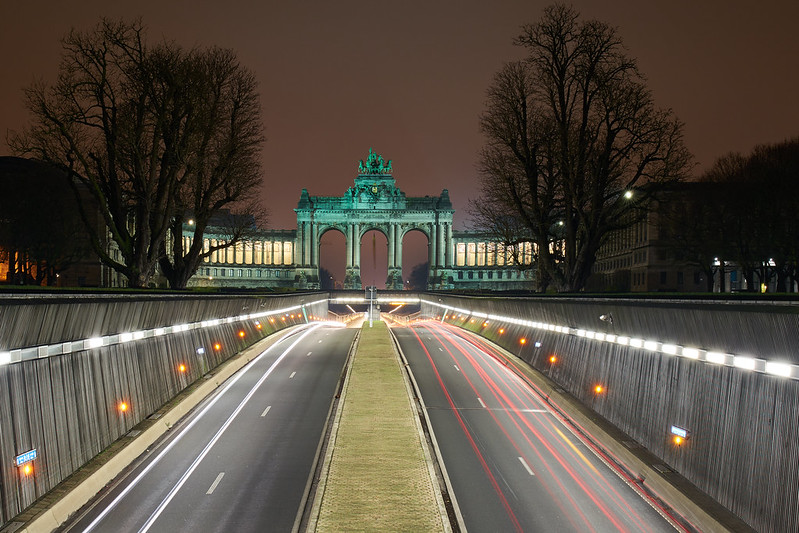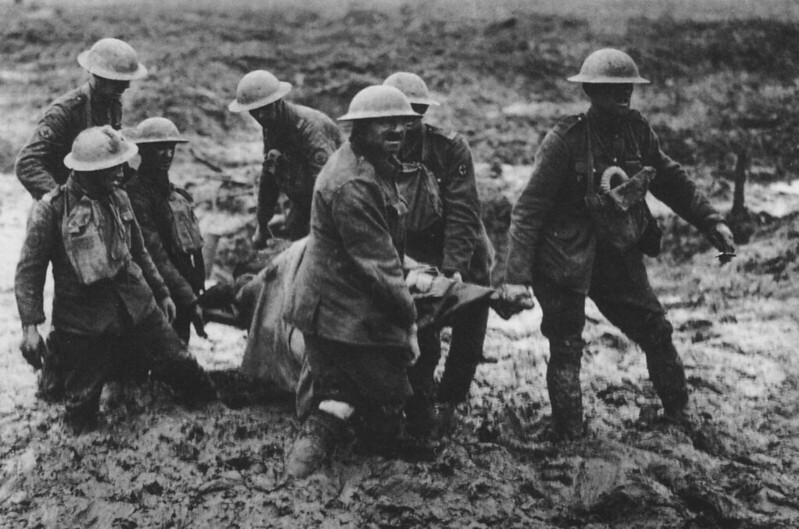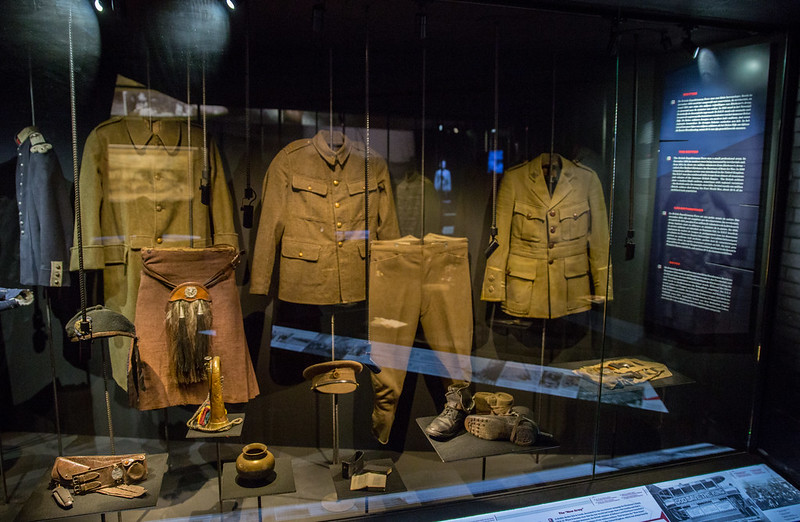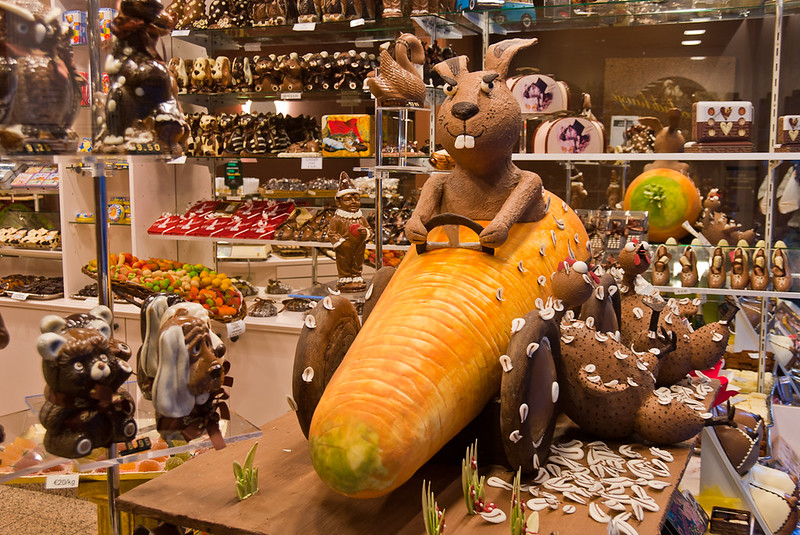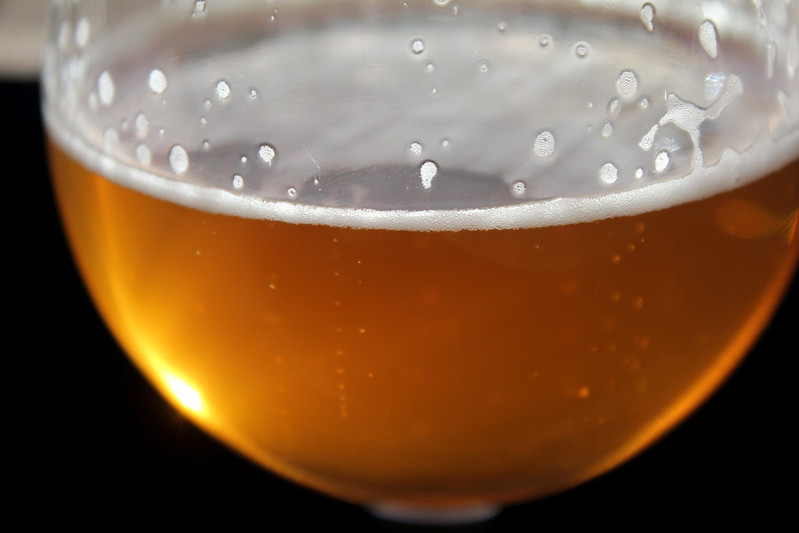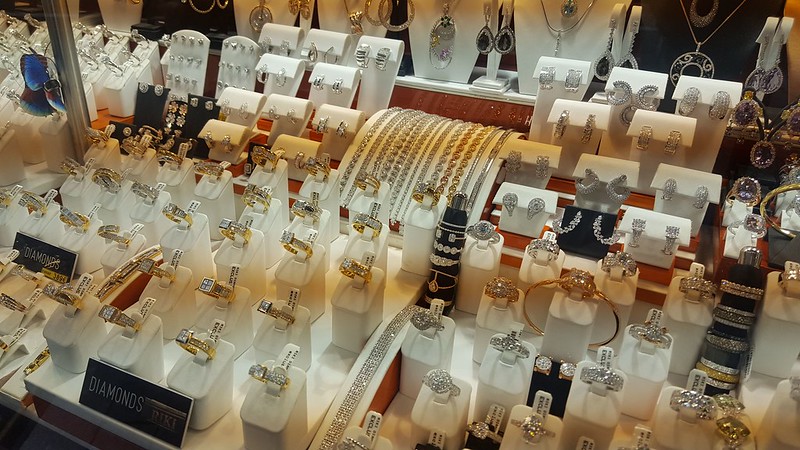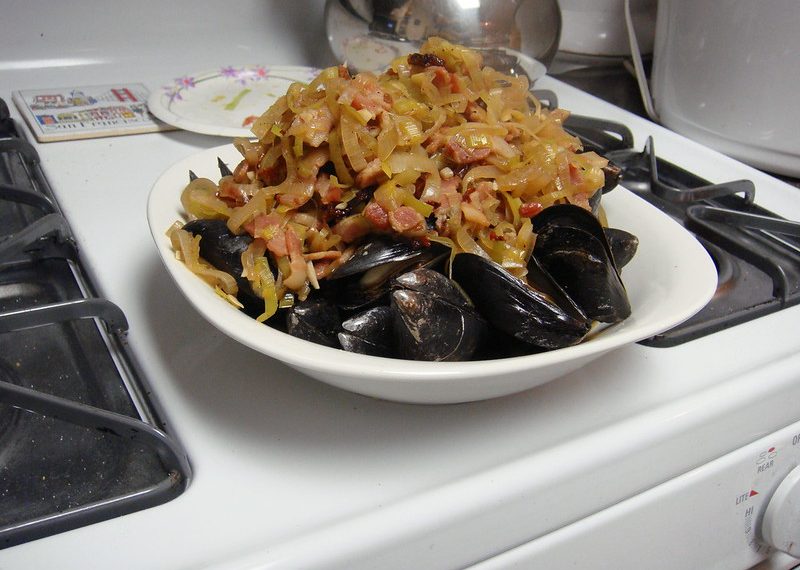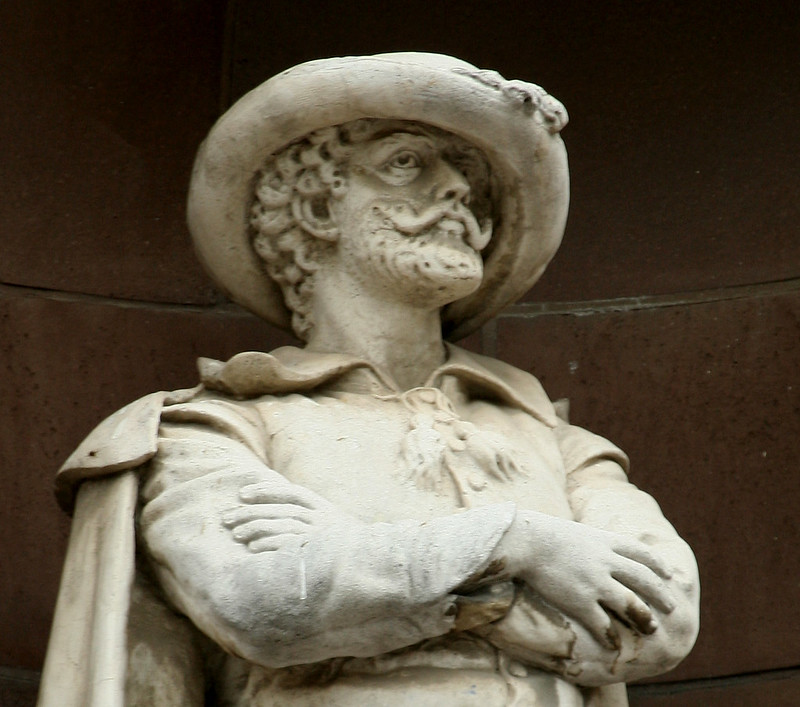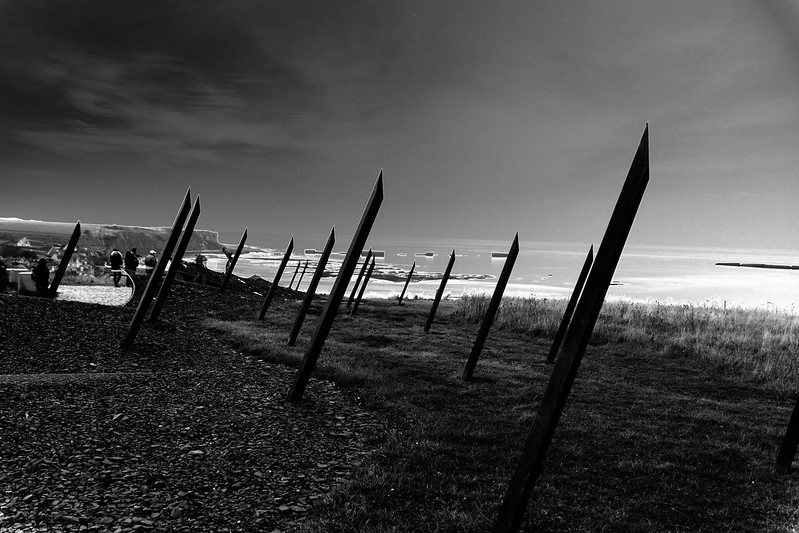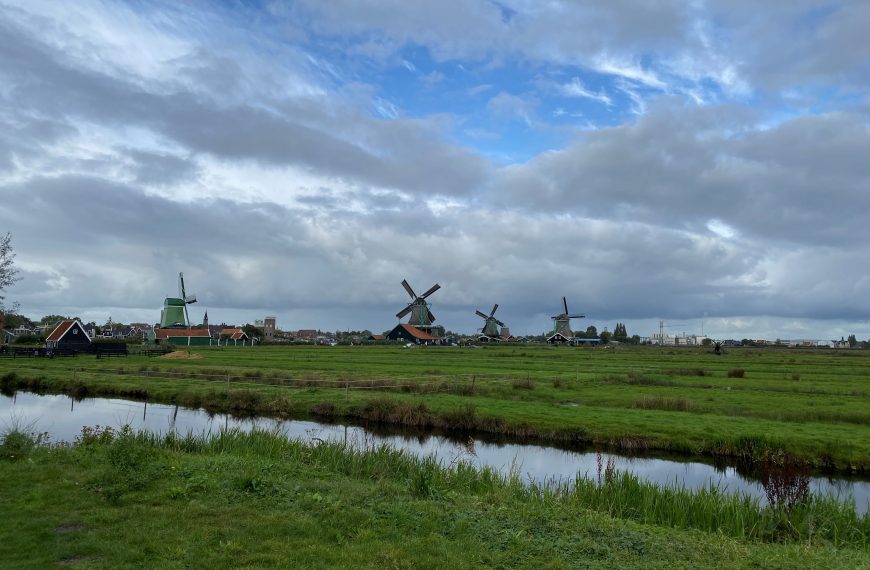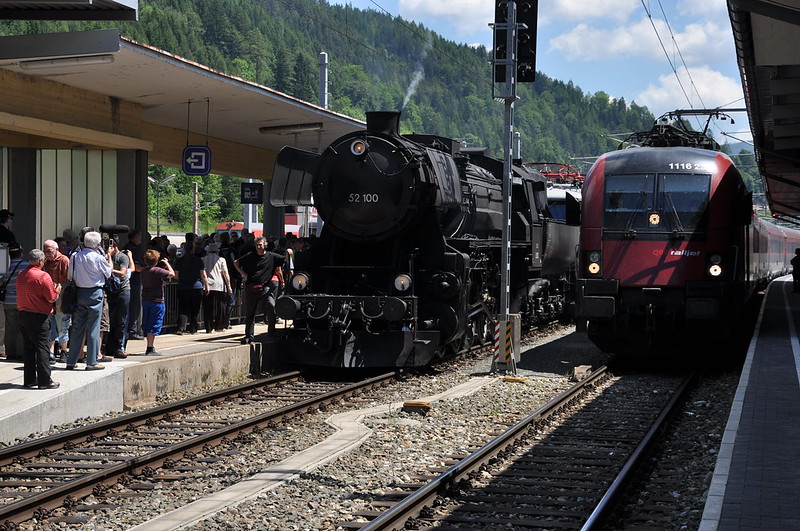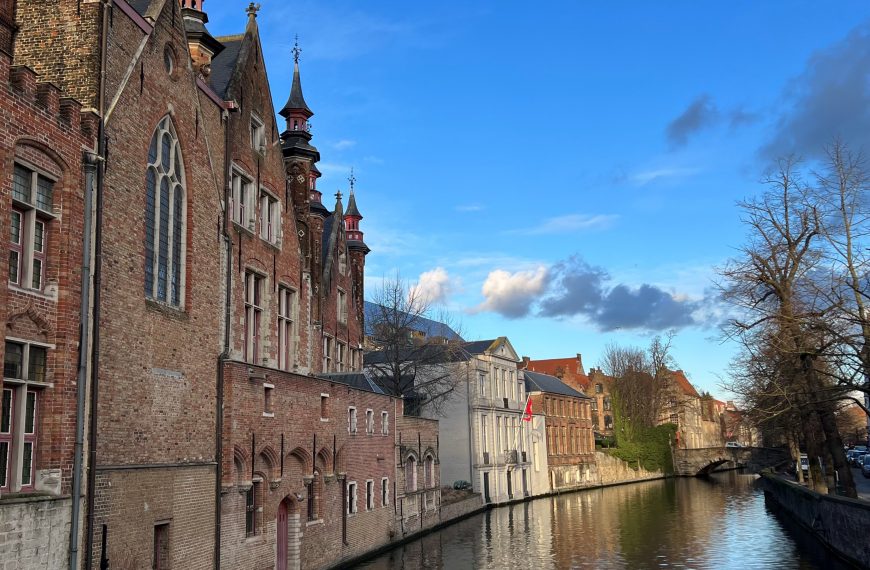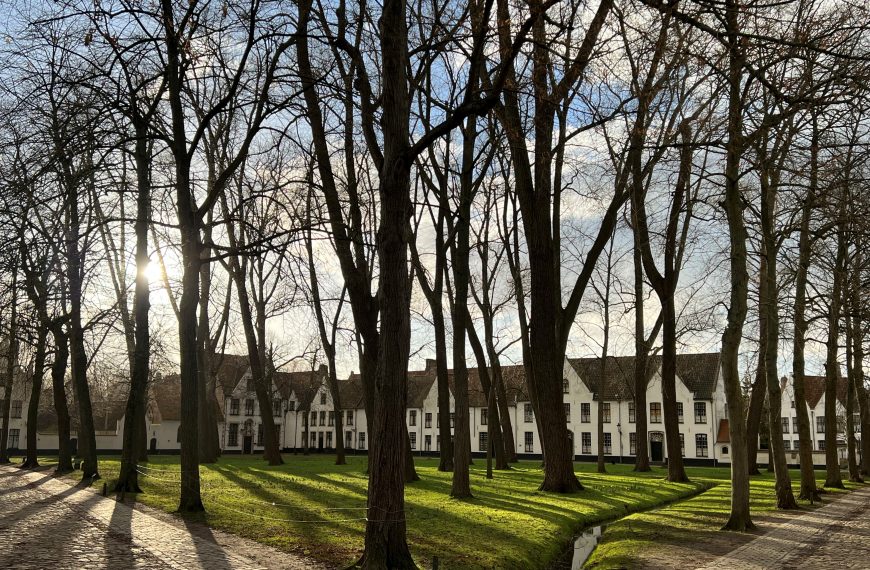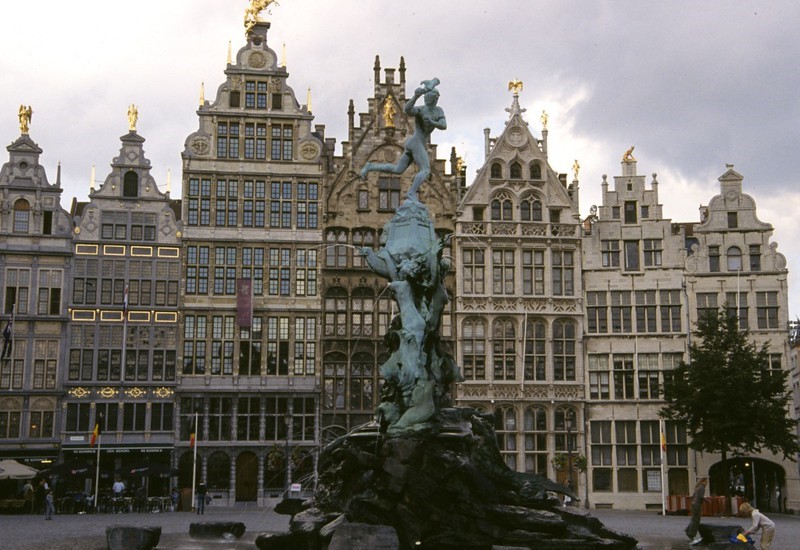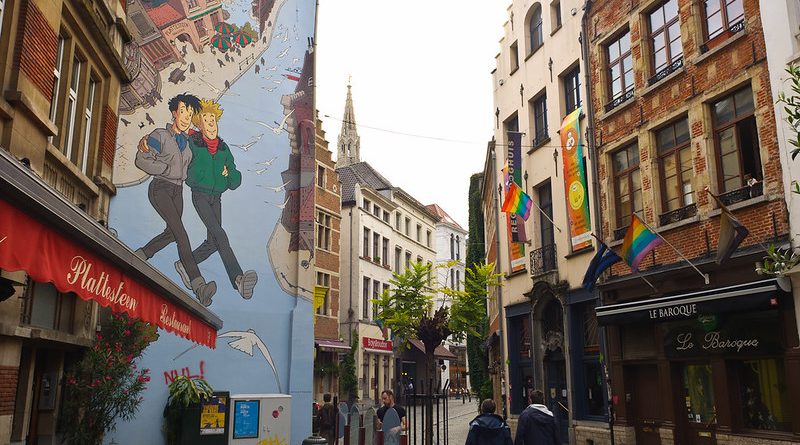
Belgium
Belgium is a culturally diverse nation with three spoken languages. Its capital Brussels, with its fascinating architecture, is home to the European Union headquarters, has more restaurants than Paris, and enough chocolate shops to induce a cholesterol attack. And the second cities, Antwerp and Ghent, warrant more than just a weekend away. The Ardennes is a peaceful, historic region whose forested hills act as a buffer between Belgium and Luxembourg and it is the place for outdoor activities in Belgium.
When to go
Belgium enjoys cool, temperate weather with mild summers and cool winters and rainy variations throughout the year – particularly in the Netherlands. Summer temperatures average 77°F while winters average 45°F. Summer extremes can reach 90°F. May to mid-October are best for vacations. Although July and August are the warmest months, May and June are the sunniest.
Read More
Festivals and the arts are a prominent part of Belgian life. One of the most famous festivals is the spectacular three-day Carnival of the Gilles in Binche, south of Brussels, held just before the start of Lent. During the event, men known as Gilles dress in giant bright costumes and, in keeping with strange rituals, toss oranges to spectators. Another famous pageant is the Procession of the Holy Blood held in Brugge in May, then the nation celebrates its Independence Day on June 21, when the Belgians indulge themselves in folklore festivals, rhythm n’ blues, and rock concerts. The unusual Flower Festival takes place from the 13th to 15th of August on even years; Brussels’ Grand Place square is carpeted with 700,000 flowers in intricate and beautiful patterns. December 6th is St Nicholas Day, an important children’s holiday. English is spoken widely across all three countries, especially in the capital and major cities. Although English speakers differentiate between the languages spoken by inhabitants of the northern Belgium as Flemish and the Netherlands as Dutch, they are in fact the same language and its correct term is Netherlandic or Nederlands; it’s just the pronunciation that sets them apart. French is spoken across the southern region of Belgium. One of Belgium’s real gifts is food and the country has more Michelin starred restaurants than France. Since its introduction to the country several centuries ago, chocolate was considered a gift in Belgium, especially after the filled chocolate, praline, was invented in the early twentieth century. In the capital, you will come across restaurants serving mussels, often as moules a volonte (eat as much as you like), while the selection of beers, from the strong Trappist Abbey beers to the thirst quenching Senne Valley breweries, is as expansive as you will feel after your meals. Further south, the cuisine is not dissimilar to traditional French fare, serving meats with rich ingredients and sauces. In the Ardennes area, soups, smoked ham, and pate are the order of the day. The national rail companies of Belgium and Luxembourg are an excellent way to travel as well as modern and efficient. The Benelux Tourrail is one such ticket that covers Belgium, Luxembourg, and The Netherlands, which allows five days unlimited rail travel during a one-month period throughout Belgium, Luxembourg, and the Netherlands. Driving is a good option outside of the main cities. US $1= .74 Euro GBP £1= 1.19 Euro Exchange rate at time of writing. The local currency in all three countries is the Euro. For up to date currency information, check xe.com. ATM cash machines are commonplace in all cities and towns. These are towards the more expensive countries to visit in Europe. Budget for at least 40 euros per day for budget travel staying in hostels, and closer to 100 to 150 euros if you want to eat in proper restaurants and stay in a reasonable hotel. In Belgium be aware that budget hotels are few and far between, but fortunately all prices include taxes, and usually service, so there are no nasty surprises. There isn’t any dress code to observe in these laid back countries although you’re especially advised to take wet weather gear with you to the Netherlands in particular with its maritime climate. Most visitors require a visa to enter Belgium which will be issued upon arrival and those from Western countries will usually be allowed to stay for up to three months. European Union nationals don’t need a visa providing they have a valid passport.Language
Food and Drink
Travel
Currency
Dress
Visas


